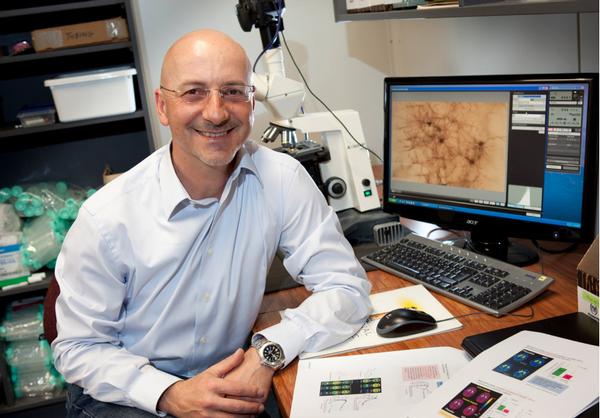UC expert looking at effective way of treating drug abuse

A University of Canterbury (UC) expert is researching extra ways of treating drug abuse in New Zealand.
Dr Juan Canales has just put a book out about drug treatment and fresh findings in the field of stimulant, cannabis and opiate abuse, as well as non-drug addictions, such as gambling.
He said the stimulation of deep areas of the brain (DBS) that were affected by drug abuse disease had emerged as a new method of treating neuropsychiatric disorders.
``Our belief is that stimulation of certain areas of the brain may reduce the symptoms of addiction,’’ Dr Canales said today.
Latest New Zealand Alcohol and Drug Use Surveys show just over 16 percent of New Zealanders aged 16 - 64 reported using drugs of some kind for recreational use in the past 12 months.
Thirty-eight percent of men aged 18 to 24 reported the highest rate of drug use. The most commonly used illicit drugs in that age group in NZ are cannabis (28 percent), benzylpiperazine (15 percent), ecstasy (5 percent) and amphetamines (4 percent).
Up to 90 percent of young people in the 16 -24 age group reported using alcohol in the last 12 months up to a third of them were cigarette smokers, and this form of addiction causes the greatest burden to society in terms of health costs, Dr Canales said.
``Treatment is vital. Stimulation of deep areas of the brain (DBS) is not exactly the new way of treatment but an additional way of treating addicts, in addition to methods currently used.
``The problem is that therapies currently available are not sufficiently effective in preventing abuse and relapse. DBS is under development and we need to identify hot spots in the brain whose stimulation may have therapeutic effects in addicts.
`DBS involves implanting very small electrodes into the brain. Depending on the frequency of stimulation applied, one can have stimulating or inhibitory effects on brain activity.
``Addiction is a disease of the brain. It causes changes in the activity of brain circuits and these changes are responsible for the symptoms of drug addiction, including physiological signs of withdrawal, anxiety, depression and increased desire to take drugs,’’ Dr Canales said.
Relapse often occurred after prolonged periods of withdrawal, indicating that drug abuse had lasting effects on brain function. DBS was also used to treat some patients with Parkinson's disease and intractable depression, he said.
It was hoped DBS would also provide relief to patients suffering from drug addiction, a debilitating disease of the brain that posed an enormous burden to society.
There continued to be an unmet need for prevention, treatment, care and support for those who suffer from drug addiction. Dr Canales said he was carrying out further research in the area, along with the Canterbury Medical Foundation. His project will investigate the effectiveness of DBS and whether DBS mitigates relapse during drug withdrawal.
``The results of this project are likely to have significant impact thus providing a new strategy to fight addiction,’’ he said.
